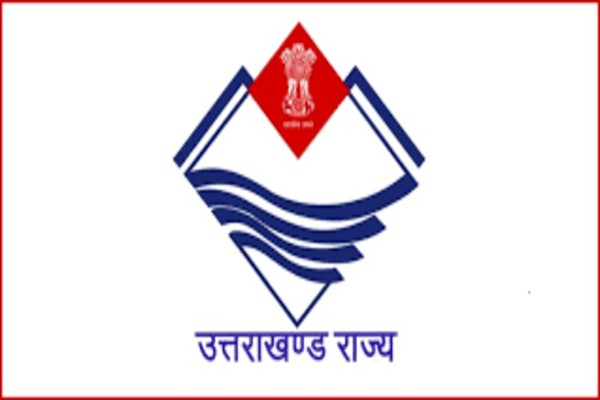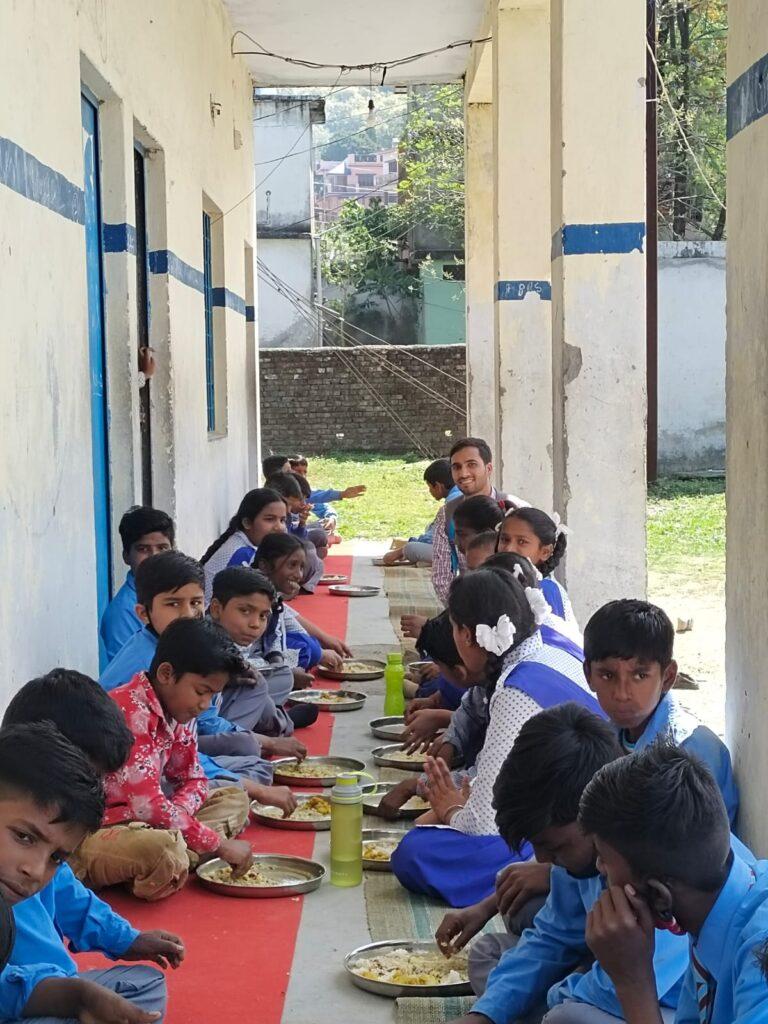SAME SEX MARRIAGES
According to the Oxford Dictionary, homosexuality means the quality of being sexually attracted solely to people of one’s own sex. Homosexuality was considered a mental disorder. The practise of homosexuality has existed in the world since the ancient period. However, this group was discriminated against and abused, and their act was considered immoral, a crime, […]
SAME SEX MARRIAGES Read More »









